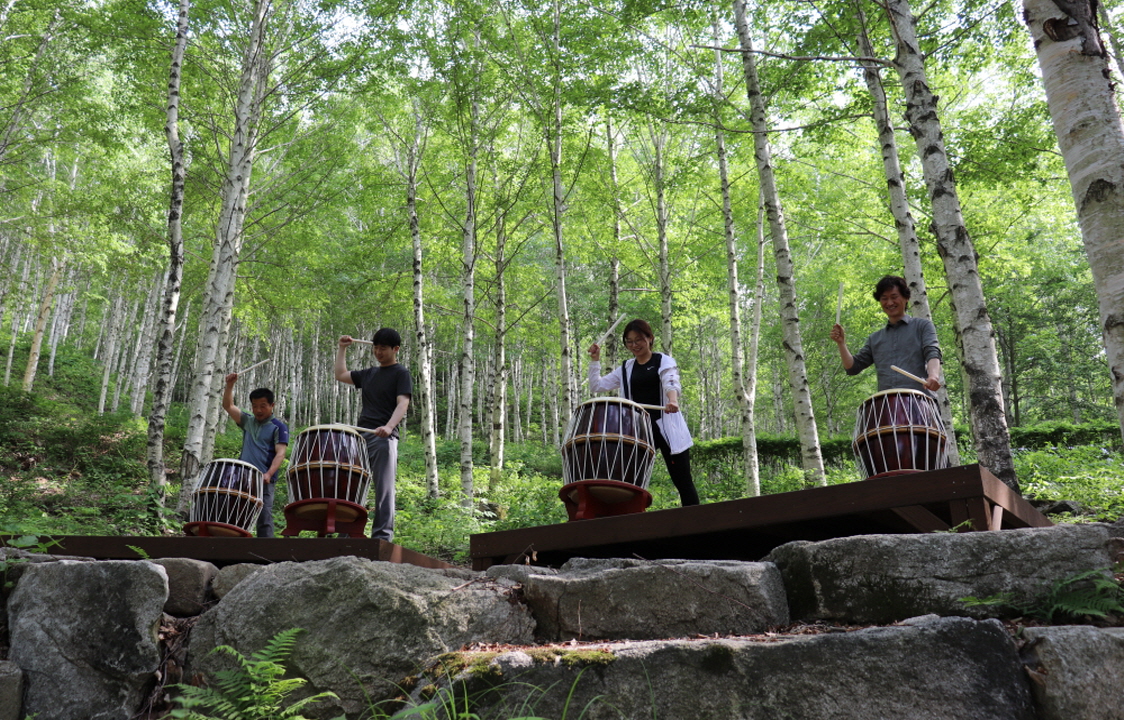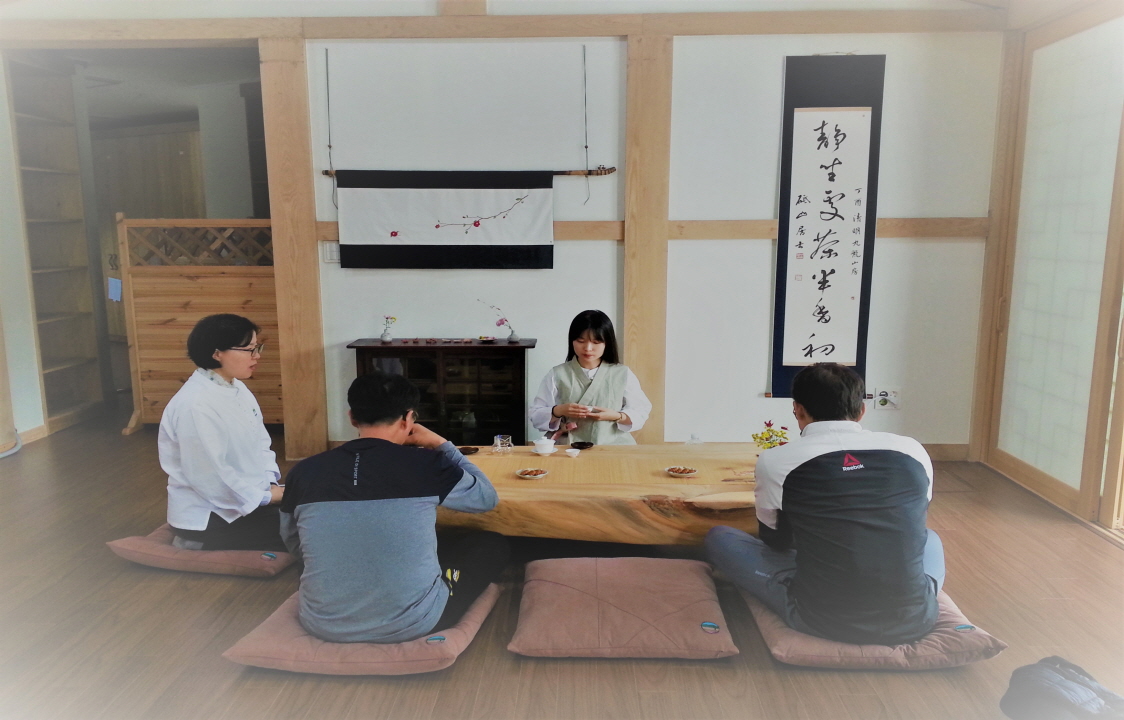Forest Culture
The term forest culture in accordance with the Forestry Culture and Recreation Act (Article 2) means mental and physical rest and therapy in forests, and the overall lifestyle formed by the interaction between forests and humans.
Forest culture is a word derived from the view of the function of forests not only in material but also in mental and cultural aspects. Forest culture began to be talked about with the formation of the Forest and Culture Research Society in 1992, and was institutionalized in 2002 when the Forest Culture Division was institutionalized in the Korea Forest Service.
The forms of forest culture vary widely, but can be divided into tangible forest cultural assets (woodworking, historical records, forests with ethnic sentiment, etc.) and intangible forest cultural assets (legends, folk songs, etc.) according to whether they are state-designated and managed or not. In order to enhance the uniqueness of our culture through forest cultural assets, the Korea Forest Service has implemented a registration system for forest cultural assets since 2014 to renew, maintain, and utilize awareness of the forest culture which was gradually disappearing.


